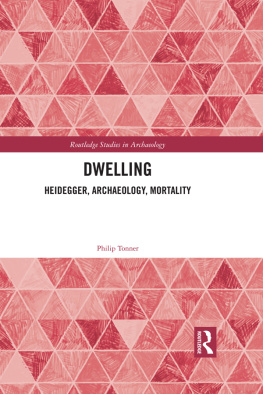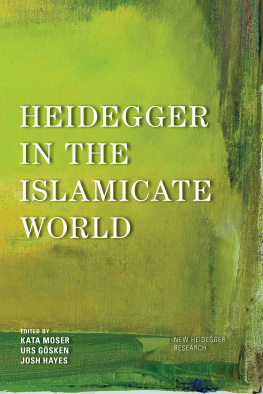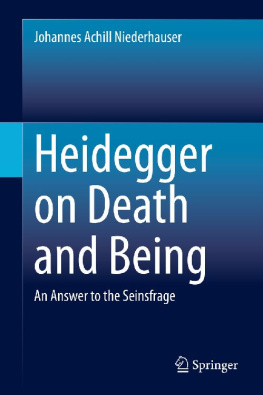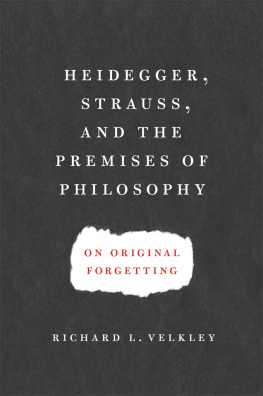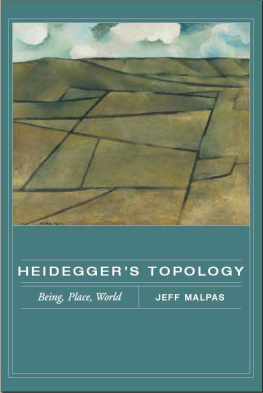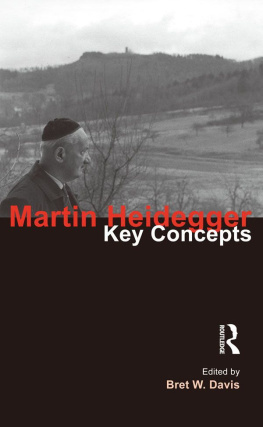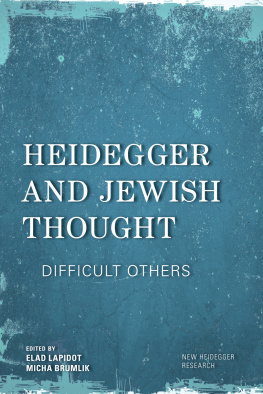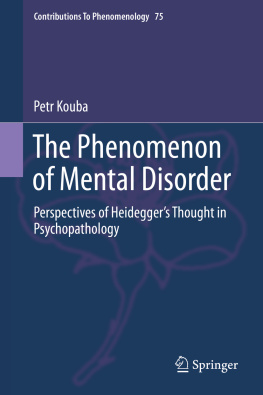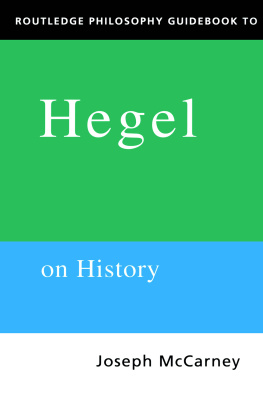The right of Philip Tonner to be identified as author of this work has been asserted by him in accordance with sections 77 and 78 of the Copyright, Designs and Patents Act 1988.
All rights reserved. No part of this book may be reprinted or reproduced or utilised in any form or by any lectronic, mechanical, or other means, now known or hereafter invented, including photocopying and recording, or in any information storage or retrieval system, without permission in writing from the publishers.
Routledge Studies in Archaeology
For more information on this series, please visit www.routledge.com/Routledge-Studies-in-Archaeology/book-series/RSTARCH
Recent titles:
21 The Archaeology of Human-Environment Interactions
Strategies for Investigating Anthropogenic Landscapes, Dynamic Environments, and Climate Change in the Human Past
Edited by Daniel Contreras
22 Life of the Trade
Events and Happenings in Niumis Atlantic Center
Liza Gijanto
23 Exploring the Materiality of Food Stuffs
Transformations, Symbolic Consumption and Embodiment(s)
Edited by Louise Steel and Katharina Zinn
24 Archaeologies of Us and Them
Debating History, Heritage and Indigeneity
Edited by Charlotta Hillerdal, Anna Karlstrm, Carl-Gsta Ojala
25 Balkan Dialogues
Negotiating Identity between Prehistory and the Present
Edited by Maja Gori, Maria Ivanova
26 Material Worlds
Archaeology, Consumption, and the Road to Modernity
Edited by Barbara J. Heath, Eleanor E. Breen, Lori A. Lee
27 New Perspectives in Cultural Resource Management
Edited by Francis McManamon
28 Dwelling
Heidegger, Archaeology, Mortality
Philip Tonner
Contents
Guide
I owe a debt of gratitude to many people and institutions for their help during the writing of this book. I would like to thank Gary Lock and Chris Gosden for their sustained support and encouragement throughout this project. I owe a particular debt of gratitude to Gary Lock for his early encouragement and subsequent support over the years. I would like to thank Clive Gamble, Lambros Malafouris, Rick Schulting and Nick Barton for their encouragement and advice on earlier versions of this work. The argument presented here has improved considerably thanks to their guidance. I am in their debt. Naturally, any errors or omissions in what follows are entirely my own fault.
I would like to thank (in no particular order) the following individuals: Ellen McAdam, Martin Bellamy, William Kilbride, Mark Roberts, Kate Bain, Magnar Dalland, Sophie Nichol, Gonalo Velho, Sara Cura, Tziovanis Georgakis, Paul Ennis, Jim Devine, Ken Greig, Jim McDougall, Linda McIntosh, Gillian Fergusson, Duncan Gillies, Graeme Dench, Alison MacDonald, Paul Barnwell, Angus Hawkins, Philip Barber, Liz Strange, Judy East, Elizabeth Allen, David Lewis-Williams, Matt Grove, Richard Klein, Javier Trueba, Alejandro Bonmat Lasso, David Campbell, Alexander Broadie, Robin Dunbar, Rob Foley, Gail Higginbottom, Anna Bortolan, Francesca Forle, Axel Posluschny, Lucy McCracken, George Pattison, Penny Spikins, Susan Breckenridge, Michael Inwood, Lola Harre, Kevin Kelsey and Carol MacDonald. I would like to thank the three anonymous readers of an earlier draft of this manuscript for their helpful comments and I would like to thank everyone at Routledge, particularly Matt Gibbons and Molly Marler, for their help and encouragement.
Some of the material in this work has appeared in different forms elsewhere already. I would like to thank James K. Davies of the Davies Group Publishers for kindly allowing me to rework part of my chapter on Heidegger from my Phenomenology Between Aesthetics and Idealism , (Noesis Press (2015)) for inclusion here. I would also like to thank Rob Boddice, Nils Mueller-Scheessel, Tziovanis Georgakis, Paul Ennis, Amanda Boetzkes, Aron Vinegar, Roberta De Monticelli and Francesca De Vecchi, the editors of the following collections, for all of their hard work on my behalf and I am grateful to the publishers for permission to reproduce some of this material, in however altered a form, here:
- Tonner, P. (2010) Heidegger, Gadamer and the work of archaeology, in Rundbrief der Arbeitsgemeinschaft Theorie in der Archologie .
- Tonner, P. (2011) Toward a phenomenological cognitive archaeology, Phenomenology & Mind , The Phenomenology Lab and San Raffaele University Publishing House.
- Tonner, P. (2011) Are animals poor in the world? A critique of Heideggers anthropocentrism, in Boddice, R. (ed.) Anthropocentrism: Investigations into the History of an Idea , Brill.
- Tonner, P. (2014) Art, Materiality, and the Meaning of Being: Heidegger on the Work of Art and the significance of Things in Boetzkes A. and Vinegar, A. (ed.) Heidegger and the Work of Art History , Surrey: Ashgate.
- Tonner, P. (2015) Did Homo erectus dwell? Heidegger, archaeology and the future of phenomenology in Tziovanis, G. and Ennis, P. (ed.) Heidegger in the Twenty-First Century , New York: Springer.
I am indebted to my family for their kindness and support during the writing of this book: my wife Lynsey, mother Jane, father William and uncle Philip. Lynsey has been a constant source of encouragement and support and I am indebted to her for that! It would not have been possible to complete this work if it were not for her. Our children, Lily and Reuben, arrived during the writing of this book and I am in awe of how Lynsey has coped with all the challenges that being a mother of two young children entails. Lily and Reuben are a great source of inspiration and fun. They have been a very welcome distraction during this and other projects. My father William, Uncle Philip, and Lynseys parents, Robert and Christine Gillespie, have been a great support and they have been excellent baby-sitters! I am grateful to them for their help. Sadly, my mother Jane did not live to see the completion of this work. I miss her deeply and I know that she would have been proud to have seen this go to press. My father William has been a stalwart: ever helpful and supportive. I would not have been able to complete this without his help. Lastly, a word about my uncle Philip: it is to Philip that I am most in debt with regards to this project. He was an early source of inspiration for me regarding both archaeology and philosophy and his spirit of intellectual curiosity and rigour informs every page of what follows. It is to him that this work is dedicated.
Dwelling
Dwelling: Heidegger, Archaeology, Mortality negotiates the discourses of phenomenology, archaeology and palaeoanthropology in order to extend the dwelling perspective, an approach in the social sciences particularly associated with Tim Ingold and a number of other thinkers, including Chris Tilley, Julian Thomas, Chris Gosden and Clive Gamble, that developed out of an engagement with the thought of Martin Heidegger.

